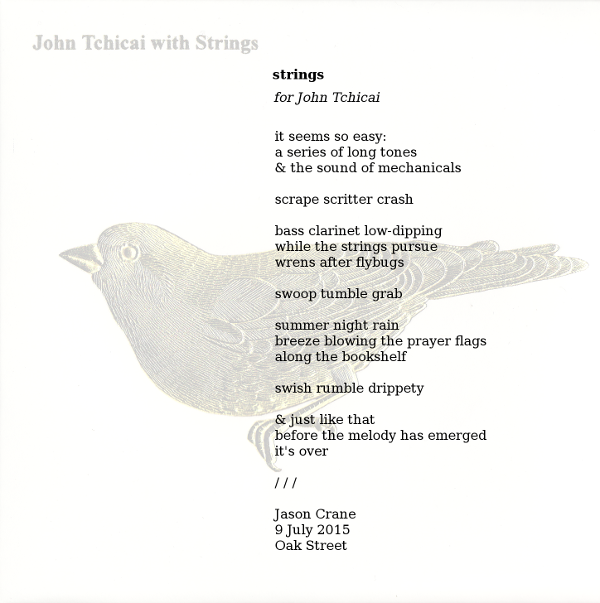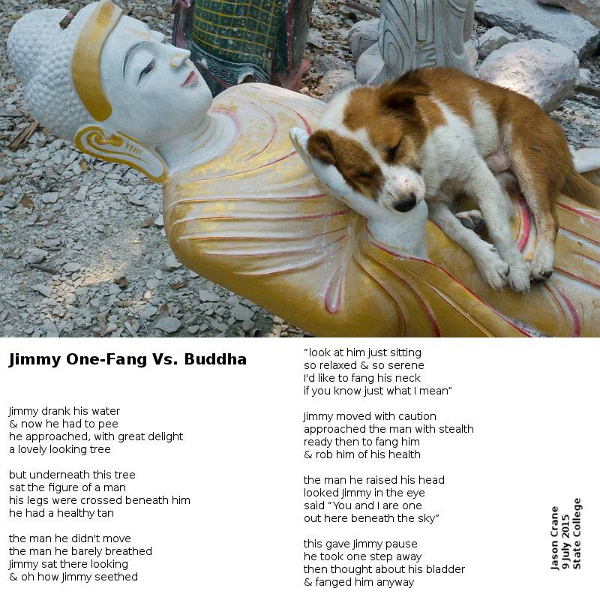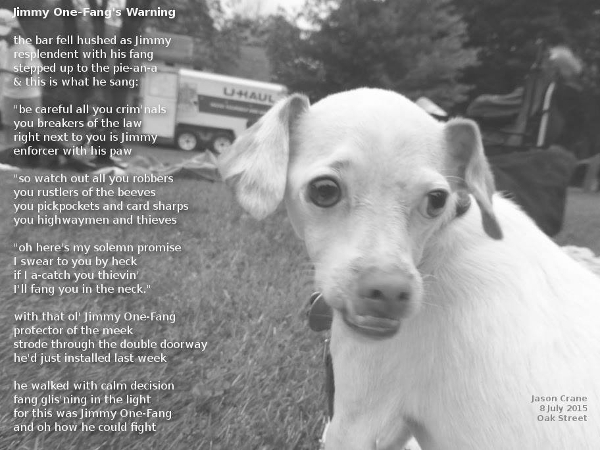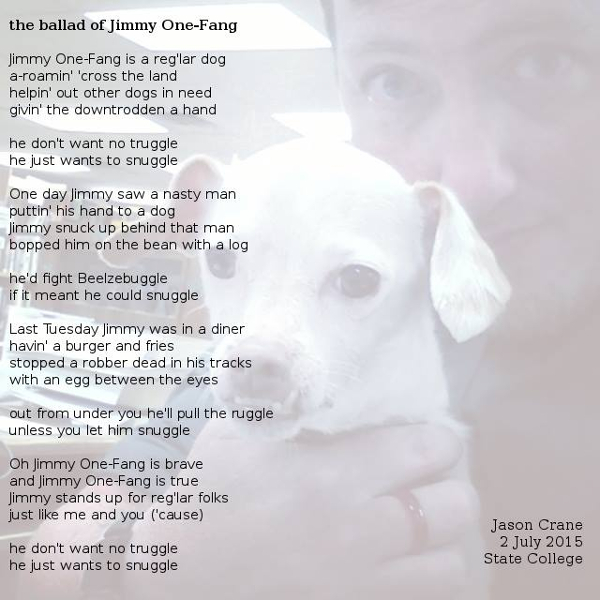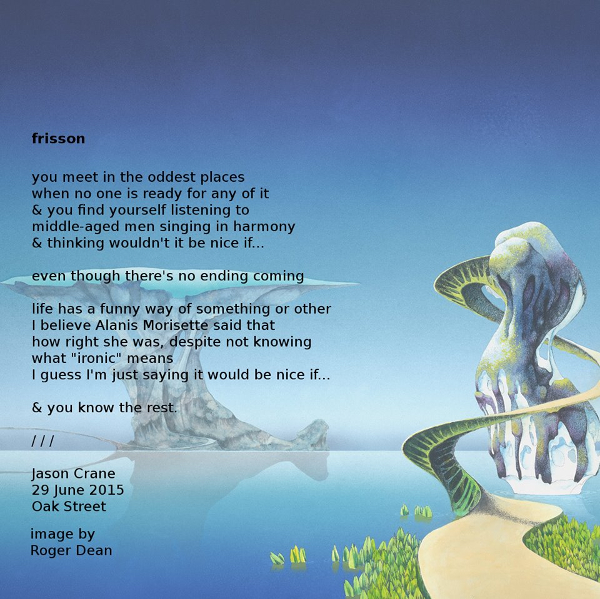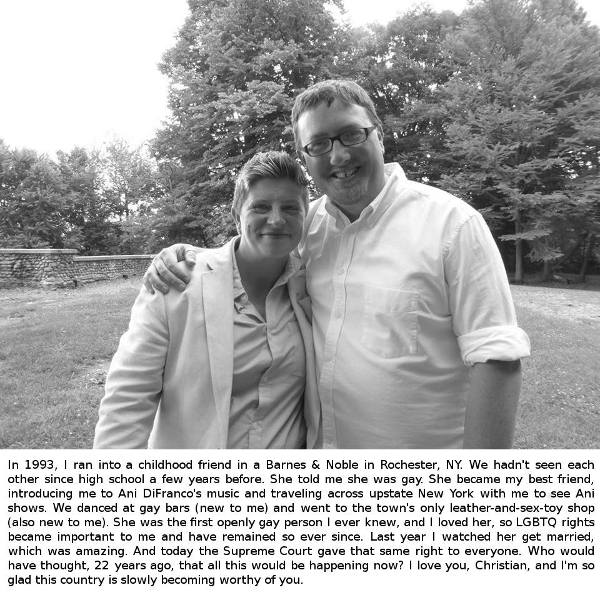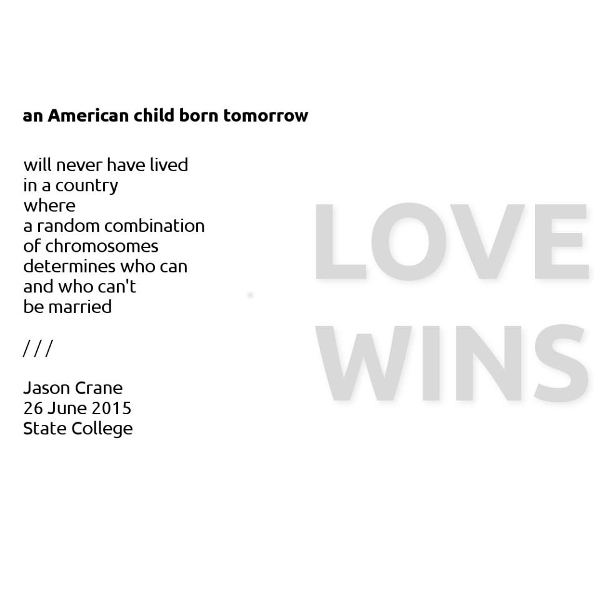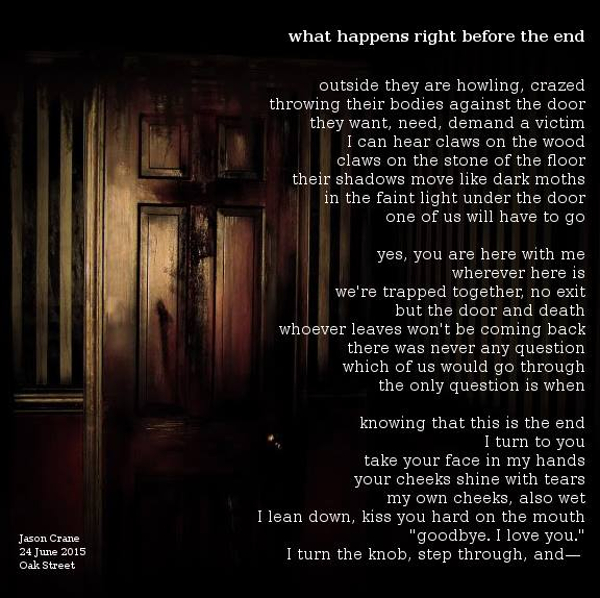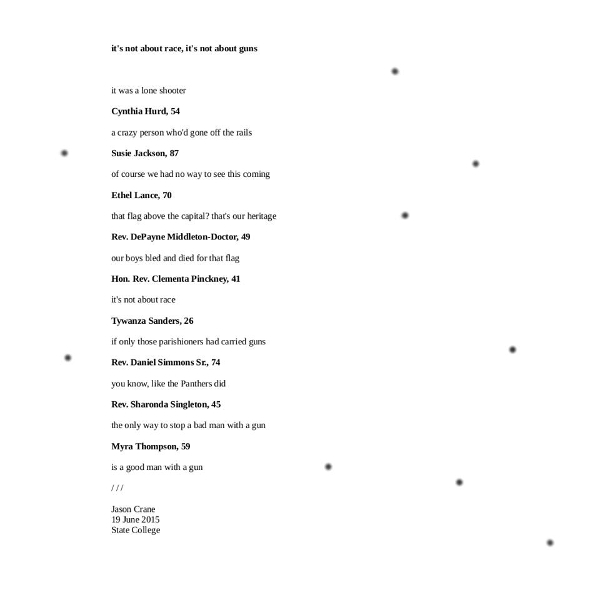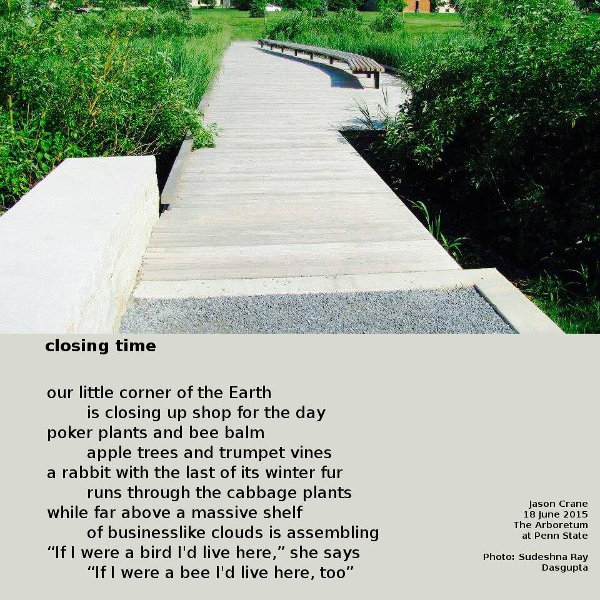
Jason Crane Posts
This afternoon I watched Under African Skies, a documentary about the making of Paul Simon’s album Graceland. In particular, the film deals with the cultural boycott against South Africa that existed at the time of the making of Graceland, and explores, via interviews with Simon and many others, the implications both then and now of his violation of the boycott.
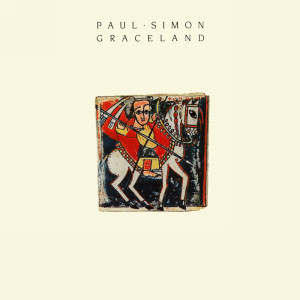 I love Graceland. It’s one of my favorite albums, and I think it’s one of the greatest pop music albums ever made. It came out the summer before my freshman year of high school, and was a big hit with many of my friends. I also remember repeatedly watching a film of the tour. When I moved to Japan in 1991, one of the first things I bought was a collection of Simon’s music that included a CD of a live Graceland concert in Zimbabwe.
I love Graceland. It’s one of my favorite albums, and I think it’s one of the greatest pop music albums ever made. It came out the summer before my freshman year of high school, and was a big hit with many of my friends. I also remember repeatedly watching a film of the tour. When I moved to Japan in 1991, one of the first things I bought was a collection of Simon’s music that included a CD of a live Graceland concert in Zimbabwe.
I wrote a poem recently about Bishop Desmond Tutu and the anti-apartheid struggle, which was the first political fight of which I became aware in my life. As I wrote in the poem, my friends and I ordered anti-apartheid buttons from the Northern Sun catalog and wore them to school every day. The fight against apartheid was the very first step on the long path of my radicalization. However, at the time Graceland was released, it never even occurred to me that Simon had violated the boycott. To me, it seemed like a great way to expose more people to South African culture at a time when such exposure was sorely needed.
Many years later I became a professional organizer, and organized a boycott against an anti-union hotel. As anyone who’s ever taken part in a boycott knows, you take it personally every time someone crosses the line and violates the boycott. I was a paid organizer whose own livelihood wasn’t in any way harmed by the boycott. I can’t even imagine how much more intensely the South African organizers of the cultural boycott must have felt each instance of betrayal.
And yet.
And yet, I’m also an artist. I’m a poet and a musician, and music is by far the most sacred thing in my life. (I’ve written about that, too.) As I watched this film, I expected to side with the organizers of the boycott, but I found myself more and more siding with Simon, and even more with the South African musicians who recorded and toured with him. You know their names — Miriam Makeba, Hugh Masekela (my interview with Hugh), and Ladysmith Black Mambazo. To some degree, particularly in the case of Ladysmith, you know their names because they toured with Paul Simon, unless you were already a student of South African music.
Simon makes a compelling case for art, and for art’s need to resist being co-opted by governments of any kind. In the film, musicians such as Masekela (who was in exile at the time of Graceland) and guitarist Ray Phiri (who lived in South Africa) talked about being punished twice — once by apartheid, and then by a boycott that essentially prevented them from playing anywhere in the world.
Obviously it’s not my place to say whether Simon was right or wrong, and he doesn’t need either my absolution or my condemnation. I think history has largely proven that he made the right choice, or that at least his choice did a great service to global knowledge about the cultural vibrancy of South Africa. As for me, I think this film highlighted for me that my own tendency toward right-or-wrong activism was often too simple. There are more than two sides to most stories. And more ways to victory than are often imagined. And there’s a difference between a hotel boycott and a cultural boycott of an entire group of musicians. Still, if you cross my boycott or picket line, get ready to run. Meanwhile, let’s crank up the music.
Leave a CommentI often post things on social media that people find too explicit or too sexual. Poems, articles, what have you. I talk about these things for a very specific reason: I wish someone had talked about them when I was young, or in my 20s, or in my early 30s.
When I grew up, nobody talked about sex. At least nobody I knew. Not family, not friends, not teachers, not religious leaders. Sure, as teens there were sometimes short conversations about things we didn’t really understand, and most of us were experimenting in our early teens. But other than “don’t have sex or you’ll get an STD or AIDS and die, or you’ll have a baby” there was almost no useful discussion at any level about sex.
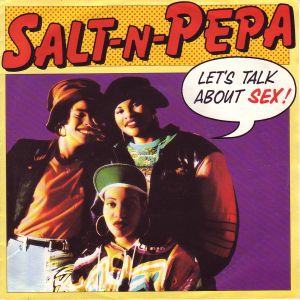 Because of that, I never had any idea what it was I wanted from my sex life. To me sex was mystical and often scary. That sounds ridiculous to me now, but it sure didn’t for most of my childhood and adulthood. And it harmed me greatly, and led to relationships I should never have entered.
Because of that, I never had any idea what it was I wanted from my sex life. To me sex was mystical and often scary. That sounds ridiculous to me now, but it sure didn’t for most of my childhood and adulthood. And it harmed me greatly, and led to relationships I should never have entered.
Now I live in a college town where there’s a new sexual assault every week. I don’t think our national reluctance to talk about sex is the only cause, of course, but I sure do think things would be better if we took sex out of the realm of a conquest, or a prize to be won, and moved it to the level of a normal part of human interaction. We should teach young men about their bodies and about women and about how to express sexuality, and about non-heteronormative ideas of sexuality, too. (We should also teach them not to rape women.) We should teach young women the same thing, and also not teach them that if they dress or act a certain way they have it coming.
Sex can be fun and funny and romantic and beautiful. It doesn’t have to be all those things all the time. Most importantly, it should be consensual and informed. People should decide to have sex — or not — based on actually knowing what the hell they’re talking about, and what their options are. Maybe then we could start to dismantle our rape culture and our Puritan notions of sexuality and move to a place of mutual respect and pleasure.
Anyway, I’m going to keep talking about sex. And as always, nobody has to read any of it if they don’t want to.
Leave a Comment
Not too long ago I had an enormous personal disappointment that turned into a major epiphany. Before I tell you about the epiphany, I want to fill in a little bit of background.
I’ve written many times in recent years about my struggle to figure out what to do with my life. I’ve had dozens of jobs since leaving college after one year in 1993, and none has ever satisfied me. I’ve even done quite a few of my “dream jobs,” including working as a musician, a radio announcer, and a comedian. For a long time I was hard on myself about my indecisiveness, although more recently Josh Korda, my Buddhist mentor, has helped me stop pathologizing my life choices.
When I was a kid, my Aunt Linda introduced me to Father Edgar Holden, a Franciscan friar she worked with in a Catholic school. He used to call me “Jaybird.” And no, none of you are allowed to call me that. Anyway, there was something magical about Father Ed. I was a Catholic, and had of course seen many priests, even at that young age, so I don’t think it was just his superhero suit. He had an aura, for lack of a better word. He wasn’t pompous or anything like that. In fact he spent most of his time cracking jokes. But I could just tell that behind the humor was something else. I didn’t know what, but I liked it and wanted to be part of it. So I decided to be a priest. (And also, sometime soon after, a paleontologist.)
When I was a tween, my family and I jumped ship from the Catholic church and became Methodists. Not for theological reasons, but because we liked the pastors on that side of Main Street in our town better than the priests on the other side. When we switched, I met Rev. David Durham and Rev. John Holt, the pastor and associate pastor of the church. Both were inspiring men, in very different ways. David was the model of the learned theologian. He spoke several languages and read even more, and talked with a calm voice no matter what was happening. John was a nut. This is the image I always remember: John riding his bicycle down the center aisle of the church, a rubber chicken poking out over the basket. I looked at these two men and thought yup, I still want to be a minister. At one point during high school, I went with John to Colgate Rochester Divinity School to check out a seminary class.
At the age of 15, I realized I didn’t believe in god, largely because it was around this time that I made my first atheist friend and learned that was an option. And just like that, the idea of being a religious leader seemed dead. I’d never heard of Unitarians at this point.
During my second time in Japan, from 1996-98, I started to explore Buddhism. To cut a long story short, I’m now a Buddhist in addition to being an atheist. Buddhism opened up a new possible path, that of being an interfaith chaplain at a hospital or college or prison. I applied twice to Naropa University in Boulder, but couldn’t afford to go either time.
My life has had many twists and turns in the past, well, 41 years, but even more so in the past five. I got divorced, moved around a lot, became homeless at one point, and ended up living in the one town in the United States I said I’d never live in, having visited it many times while married to a former resident. (Side note: It’s going pretty well, actually.)
So here we are, in 2015. And back to my disappointment. Without going into the nature of it, I’ll just say that I chased something and didn’t catch it. The process of not catching it turned into a one-night reevaluation of the path I’m on. And the next morning, I realized what I need to do.
My friend and fellow union organizer Rev. Mike Roberts told me about 10 years ago that I was more prone to the religious impulse than anyone he’d ever met. John Holt, the guy with the chicken, told me a few years after that that I needed to “get paid to love people.” And ever since I was a little kid, I’ve known that a life in an intentional community is what I want. And thus, the epiphany:
I’m going to figure out how to be either a Buddhist chaplain or a Unitarian minister.
I have a few things to do first. I have some college loans in default, and I need to get them out of default so I can get more loans and finish my bachelor’s degree. (I was only in college as a full-time student for one year, but many years later I went back and nearly finished a degree at SUNY Empire State.) Then I need to enter either a Buddhist chaplaincy program or a Unitarian divinity school. I’m extremely poor, so I also need to figure out a way to add to my current income, both right now to survive, and during the years it will take me to finish school. I have two young kids in State College, so I hope to be able to stay here while doing all this.
Later this year I’m going to turn 42. (The answer!) All my life I’ve been saying “I’m only 25 … I’m only 30 … I’m only 35 …” Well, I’m not getting any younger, and I’ve felt called to do this work my entire life. If not now, when? Probably never. So: now!
I’m telling you all this for two reasons: first, because I tend to write about my life very publicly all the time; and second, because I’ll need my community’s help to stay on target and to accomplish these goals. I’m defining “community” very broadly.
It’s time. Time to do the thing I’ve known I wanted to do since I first looked up and saw Father Ed’s clerical collar. I want to help lead an intentional community of people who care about one another, who work for social justice, and who are guided by a strong ethical system. I’m a little daunted by the sheer amount of work in front of me, but I’m even more excited by what waits on the other side.
13 Comments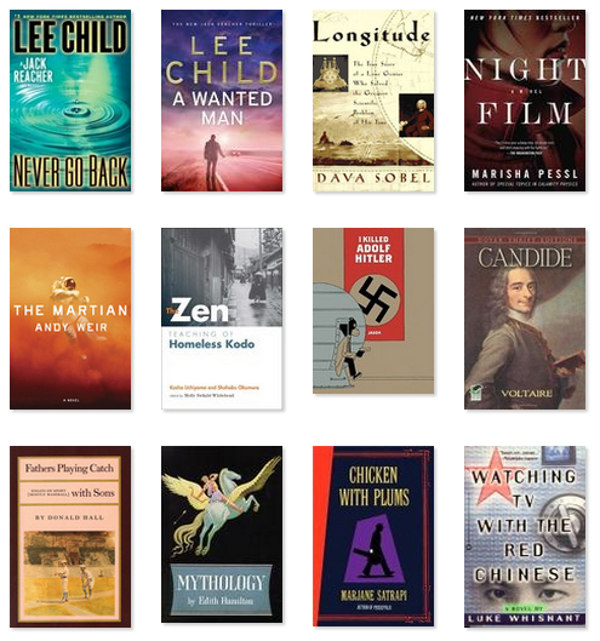
I read 12 books in June, tilted a bit too heavily toward dudes, apparently. The best thing I read was Zen Teachings Of Homeless Kodo, which I found very inspiring and would recommend to anyone interested in Buddhism generally, and Soto Zen in particular. I enjoyed everything I read this month except Night Film, which started strong and ended up very disappointing.
Leave a Comment